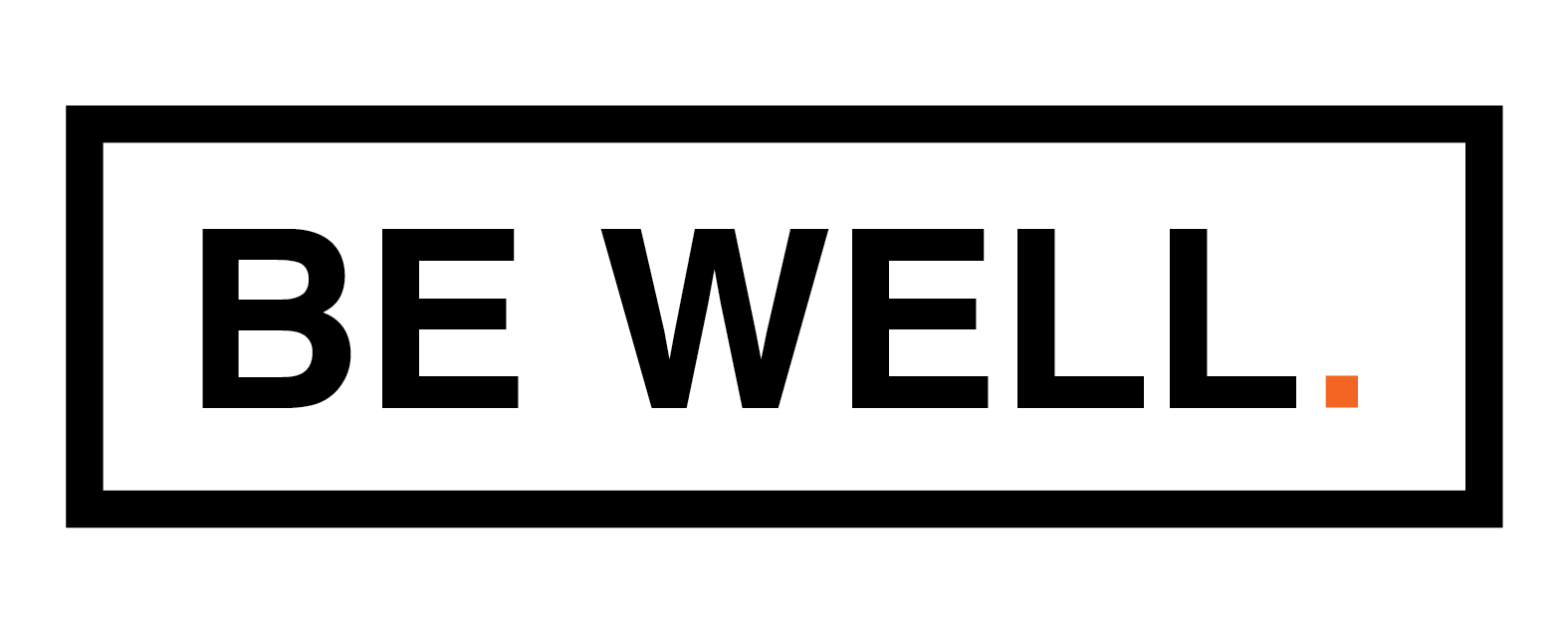How I Changed My Spending Habits

As we approach graduation, the panic of “adulting” begins to set in.
I often catch myself worrying about how I’m going to survive being out in the world on my own — especially when it comes to money management. As busy students, budgeting isn’t something we tend to prioritize. However, learning this skill is necessary, and it’s not as hard as you think.
Identify your priorities
I’ve learned over time that the easiest way to change your spending habits is to prioritize. Identify where you need to spend your money (i.e. rent, groceries, and gas), and where you want to spend your money. Set saving goals for yourself. I began this journey with a goal in mind to save for an upcoming study abroad trip. Identifying something to save for that you’re passionate about will help keep you on track.
Find a method that works for you
To make things easier on myself, I downloaded an app called Every Dollar. With this app, I’m able to choose and create budgeting categories, set goals, and see where my money is going. The app lets you look at your money in different ways — for each month, you can see your planned budget, what you’ve spent, and how much money you have remaining. Having all of this organized for me made this process a lot easier to begin.
Do a trial run
I used the first month’s budget to test the limits and see how much I was really spending in each category. Doing a trial run without taking things too seriously is a great way to ease into it — this way you begin to visualize and understand how much money you are actually spending in each category. Going forward, you can use this to create an accurate and realistic budget and then determine how much you have left over to save each month.
Get an idea of how much you have to spend
After using this app for a couple of months I started to be more conscious of how much I should realistically be spending in different places. When asked to go to a concert or out to dinner, I began to ask myself “Do I have the money to do that right now?” A good tip I learned with Every Dollar was to focus on the “Remaining” category — this way you have a mental image of how much you have left to spend, instead of focusing on what you’ve already spent.
Keep your goals in sight
Thinking about my intentions for budgeting in the first place encouraged me to spend less and save more for the important things. I would suggest keeping in mind that one thing you’ve really been wanting to save for, and thinking of this the next time you’re wondering if you should purchase those cute shoes or not. Having my mind set on saving for Italy made spending my money seem a little more daunting. I began to think of how my money might be better spent abroad than on dinner at Taco Mama every week (even though this was a hard one for me).
Don’t take it too seriously
The biggest takeaway I learned in this experience was to just do my best. Budgeting doesn’t mean the end of all fun. There are so many ways to enjoy yourself and your friends without spending in excess. Acknowledge that every once in a while, you’re going to go over your planned budget, and that’s okay. Let yourself live while still keeping those goals in the back of your mind.
So take a deep breath. Budgeting isn’t so bad after all.
Be well, Auburn.
Photography: Jacob H.
Copy Editor
Originally from Tampa, Florida, Katherine decided to come to Auburn to learn everything there is to know about the apparel industry. Ever since she can remember, Katherine has had a passion for fashion, creativity, and self-expression. Naturally, she is majoring in apparel merchandising with a minor in business and global studies.
As a Florida girl, Katherine enjoys being at the beach, going to concerts, and trying new restaurants. Before she dies, she is determined to learn sign language and travel as much as she can to broaden her experience and knowledge in her chosen field.

